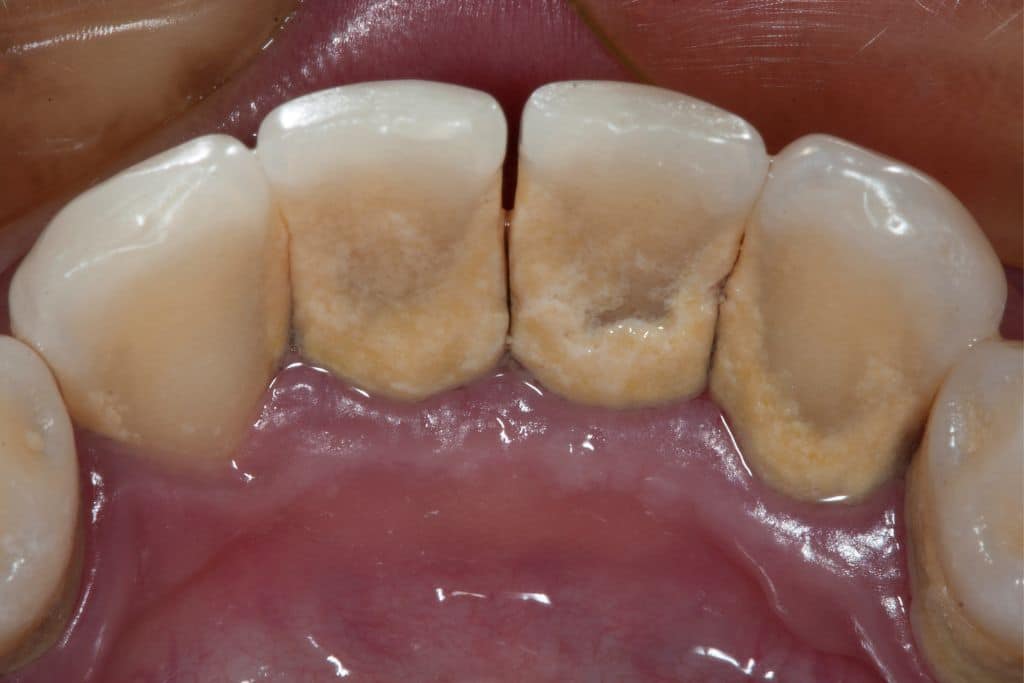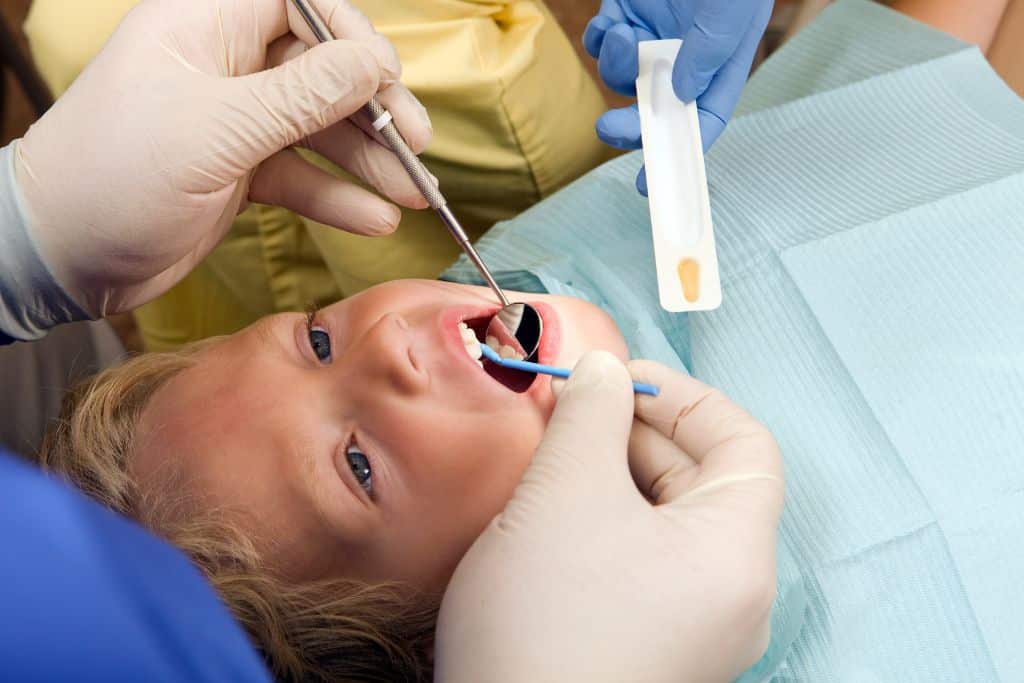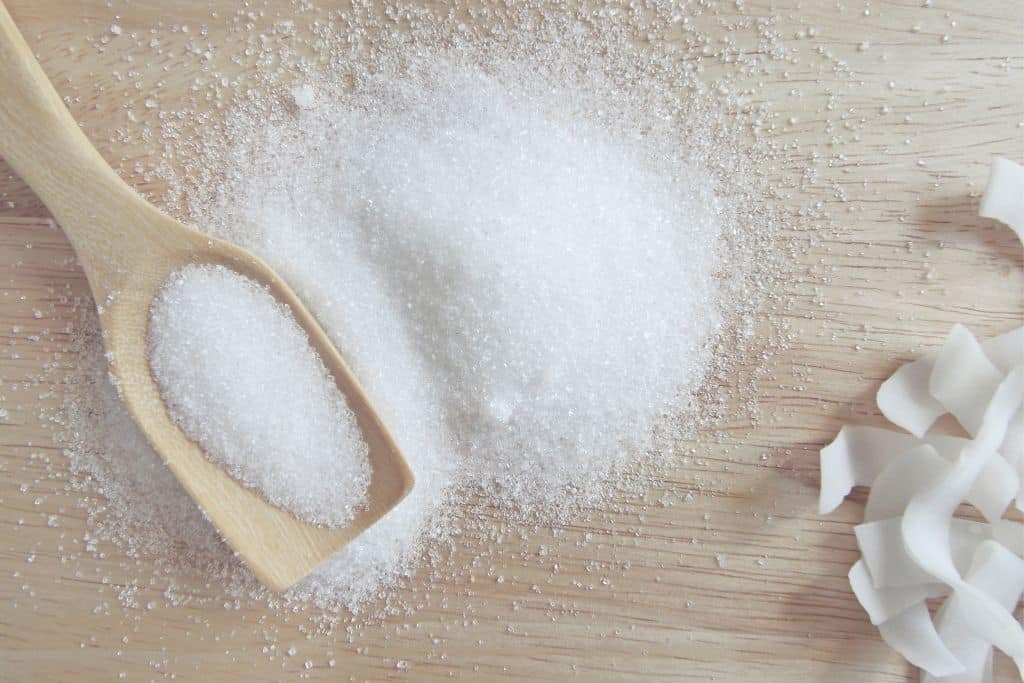Taking too much sugar is not the only thing that can cause your teeth to deteriorate, there are other factors that you need to take into consideration. If you take in too much sugar, you can end up with a buildup of plaque that causes your teeth to erode. Fluoride can help you repair your teeth.
Acids degrade tooth enamel
Various factors can contribute to tooth erosion, but there are certain things you can do to prevent it. First, you should avoid acidic foods and drinks. This includes carbonated beverages, soft drinks and fruit juices. These foods and drinks are full of citric and phosphoric acids, which can erode tooth enamel.
If you need to drink carbonated beverages, use a straw. You should also rinse your mouth with plain water after drinking them. You should also avoid drinking acidic foods or drinks that contain caffeine and aspirin.

Saliva helps keep acid at an acceptable level. It also helps to neutralize acids. It can also re-harden enamel. The pH of saliva is about 5.5.
Saliva also contains calcium and phosphate, which help remineralize tooth enamel. However, you should not brush your teeth immediately after drinking acidic beverages. Brushing too soon can damage acid-softened tooth enamel.
Plaque buildup causes tooth erosion
Using a mouthwash or antibacterial toothpaste can prevent plaque from forming. A good diet can also help. It is important to drink plenty of water, limit sugary drinks, and avoid acidic foods.
A colourless, sticky film known as plaque forms on your teeth. It contains millions of bacteria. These bacteria metabolize carbohydrates and produce acids that attack your tooth enamel. This is a good reason to brush your teeth at least twice a day.

The most efficient way to remove plaque is to brush your teeth. The American Dental Association recommends brushing for two minutes at least twice a day. You should also floss your teeth. Flossing helps remove food particles from between your teeth and from the gums.
Another way to avoid tooth decay is to chew sugar-free gum. Pregnant women and toddlers should brush and floss their teeth to prevent plaque from forming.
Fluoride helps repair damaged and weak tooth enamel
Getting a fluoride treatment can help repair damaged and weak tooth enamel. Fluoride is a natural mineral found in most water sources, some foods, and dietary supplements. It also helps strengthen the enamel of your teeth. Fluoride prevents tooth decay by reversing the effects of demineralization.
Fluoride also helps repair cavities by preventing decay from penetrating the deeper parts of your teeth. It’s also a great way to prevent cavities in children.

Fluoride is also found in toothpaste, mouthwash, and supplements. Its use is recommended by the American Dental Association (ADA) to promote the development of strong teeth. It is safe for most people and can be taken internally or topically.
Fluoride also helps repair cavities in the early stages of tooth decay. Cavities occur when bacteria in your mouth create acids that erode tooth enamel.
Remineralization uses calcium and phosphates to strengthen tooth enamel
Using calcium and phosphates to remineralize tooth enamel is a promising approach to enhancing the strength and appearance of teeth. It also aims to re-establish the functionality of carious dentin. It has been shown that fluoride compounds have the potential to enhance the process of natural remineralization. However, more studies are needed to extend the use of calcium phosphates in modern oral care.
Remineralization of enamel involves the formation of a protective pellicle layer that covers the enamel surface. This layer may act as a precursor to a more organized mineral structure. It also prevents microorganisms from attaching to the enamel surface.

Remineralization of hard tissues occurs through epitaxial growth. This process involves the formation of mineral crystallites. Demineralized collagen fibrils may serve as a scaffold for the formation of mineral crystallites.
Prevent complications from sugar intake
Having too much sugar can lead to cavities, gum disease, and even obesity. However, there are ways to prevent these dental problems. First, a regular brushing and flossing routine will help keep your teeth healthy.
Next, you’ll need to know how much sugar you should consume. The World Health Organization (WHO) recommends limiting your daily intake to ten per cent of your total food intake. However, a lot of people find it hard to do this.

The best way to lower the negative effects of sugar on your teeth is to limit your intake. This is especially true for children. They might have a hard time resisting the sugary treat.
A systematic review of studies involving sugar intake was conducted to evaluate the benefits of cutting back on sugar. The data gathered included observational studies, cohort studies, and human intervention studies. The results showed that limiting your daily sugar intake to ten per cent of your total food consumption is a good way to improve your oral health.

